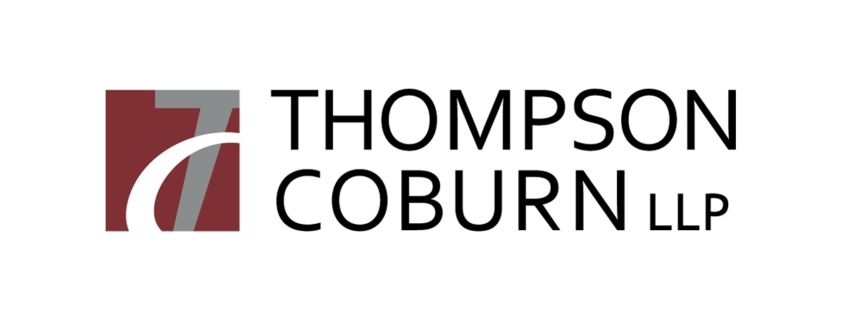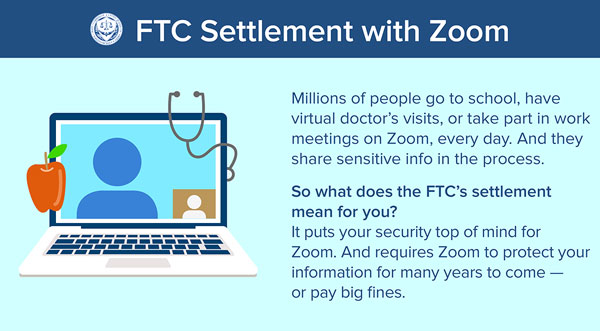“You need to beat all of us to beat one of us.” The US Cyberspace Solarium transitions to a not-for-profit. US Federal Trade Commission plans 2022 rule-making.
At a glance.
- “You need to beat all of us to beat one of us.”
- The US Cyberspace Solarium transitions to a not-for-profit.
- US Federal Trade Commission plans 2022 rule-making.
National Cyber Director speaks at Cyber Beacon 2021.
The Cyber Beacon 2021 conference was hosted (virtually) by the National Defense University’s College of Information and Cyberspace, aka the “Cyber War College.” The US Department of Defense reports that recently confirmed National Cyber Director Chris Inglis appeared at the conference to discuss his new office’s objectives and undertakings. The goal of the office, he stated, is to “bring coherence, connectivity [and] leverage for all the parts that are already in this space, such that we propose, if you’re a transgressor in this space, you’ve got to beat all of us to beat one of us.” He went on to say that this approach indicates a shift in how the nation has been defending against cyberthreats in the past. “You need to beat all of us to beat one of us,” he stated, coining what some are calling a new motto.
Cyberspace Solarium Commission plans transition to not-for-profit organization.
The Cyberspace Solarium Commission closed out its term on Tuesday night and, as SC Media reports the cybersecurity policy development effort accomplished what it set out to do, having codified approximately forty measures into law. With the commission’s term, agreed upon in the 2019 National Defense Authorization Act, now completed, leadership announced plans to convert the group into a nonprofit, affectionately called Cyber Solarium 2.0, in order to continue its work of pursuing recommended measures. Co-chairman Representative Mike Gallagher stated, “There’s no question it’s not going to be the same as 1.0…but I think because we’ve gotten the ball rolling with our colleagues…because we’re not starting from scratch. I’m still fairly confident that we’re going to be able to make progress next year.” That said, he admitted the group had already tackled most of the simpler measures, so future recommendations might be more difficult to codify. Future focus will be on Systemically Important Critical Infrastructure, as well as the establishment of a bureau of cyber…




